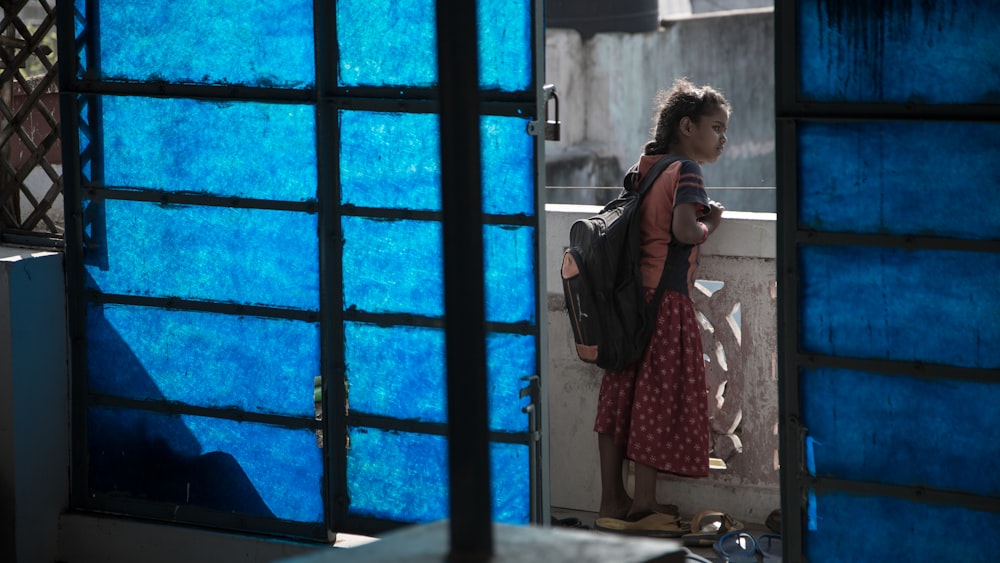
After 73 years of independence, we are still hanging between self or society; country or community.
What is a Uniform Civil Code?
Uniform Civil Code points to a set of universal laws which can replace the personal laws, where the personal laws account for the laws made by the community or religious groups.
It has recently been spotted as the burning sensation for the ongoing debate in India.
Do we need Universal Civil Code in India?
Being a spiritual hub of the planet, the constitution has provided the wings to flare but souls are still caged in religious boundaries.
The country must get blessed with the Universal Civil Code accounts:
1. India is a secular republic:
According to the Indian Constitution, we owe them rights to live our lives in the way we wish to. Being secular, every Indian has a right to worship his beliefs, follow the religious norms he wishes to, ensue the religion he/she wishes to adopt. Neither the government nor the society has any rights to influence or pressurize any individual to follow any specific religion.
2. We prior to he/she:
Some religions are increasing gender extremity, forgetting about the equal females owe. Triple talaq, restriction of females to enter the temples are some recent fierce exploration of the fact that females often get restricted under the name of religious beliefs.
3. The constitution is in the first place:
Succeeding the Indian independence, the constitution is the key blaze that strengthens the citizens of our nation and lets them stand on the same platform. Some religious and community rules counteract the fundamental rights and thus are not acceptable for a sparking democratic and republic nation.
4. To amplify the three pillars:
Legislature, executive and judiciary being the three vital pillars that empower the administration of developing nation often get challenged with the flings of religious beliefs. “Everyone is equal before the law”, this statement often ends up in controversy when the ruthless religious disparities, usually the spiritual crowd stands in favour of masked beliefs of communities.
5. Youth Majority:
One-fifth of the Indian population accounts for the youth. The youngsters believe in the developing strategies that head the country being a smart nation, not a slaved one. They don't want to be burdened under irrelevant and illogical foundations. They believe in humanity, modernity and equality.
Why not sure to be applicable in India?
1. Difficult to Implement:
Due to the vast dispersal of spirituality, ethnicity and caste system in India, the practical approach to implementation of a universal rule in community and variable regions is not easily possible. The guardians of religious beliefs often resist legal interference in personal matters such as marriage, dressing and rituals.
1. Difficult to Implement:
Due to the vast dispersal of spirituality, ethnicity and caste system in India, the practical approach to implementation of a universal rule in community and variable regions is not easily possible. The guardians of religious beliefs often resist legal interference in personal matters such as marriage, dressing and rituals.
2. Sensitive Decision:
In India where we worship the trees and take the blessings of stone, where the order of elders is prior to lives. Enforcing common laws for all the communities are not just for incredible India. The people here are more bound to the spiritual beliefs of their religion than to their individuality.
3. Controversies are already on the rise:
The government has already made many abrupt decisions and changes to improvise the economy which is still suffering from the controversies along the boundaries of the country including the demonetization, forced retirement of corrupt officials, shredding of article 370, beef ban, love jihad etc.
The Midway:
It’s the time to ignite the spark, to stand for ourselves; rules cannot be enforced until humanity is striving hard to embed its roots.
- Arpita Tiwari
In India where we worship the trees and take the blessings of stone, where the order of elders is prior to lives. Enforcing common laws for all the communities are not just for incredible India. The people here are more bound to the spiritual beliefs of their religion than to their individuality.
3. Controversies are already on the rise:
The government has already made many abrupt decisions and changes to improvise the economy which is still suffering from the controversies along the boundaries of the country including the demonetization, forced retirement of corrupt officials, shredding of article 370, beef ban, love jihad etc.
The Midway:
- The Universal Civil Code can be tried to implement over the evolutionary time, not just as enforcement.
- The religious restrictions that are brutal can be abolished one by one, instead of swapping all at once.
- The institutions can be modernized so that the seed of humanity can be sown at an early age.
- Rules against unjust divorce, irrational marriages, adhering to the ideal marriage age should be implemented properly.
- Actions against the brutality should be speeded even if it is against religious powers.
- Most of the religious restrictions are dominating women, the women of the specific community should stand for themselves so that the government could support them without facing the sensitive protest.
It’s the time to ignite the spark, to stand for ourselves; rules cannot be enforced until humanity is striving hard to embed its roots.
- Arpita Tiwari
- Purav Nayak
Want to join the Eat My News's global community? Here is an opportunity to join the Board of Young Leaders Program by Eat My News. Click here to know more: bit.ly/boardofyoungleaders
Want to join the Eat My News's global community? Here is an opportunity to join the Board of Young Leaders Program by Eat My News. Click here to know more: bit.ly/boardofyoungleaders









0 Comments